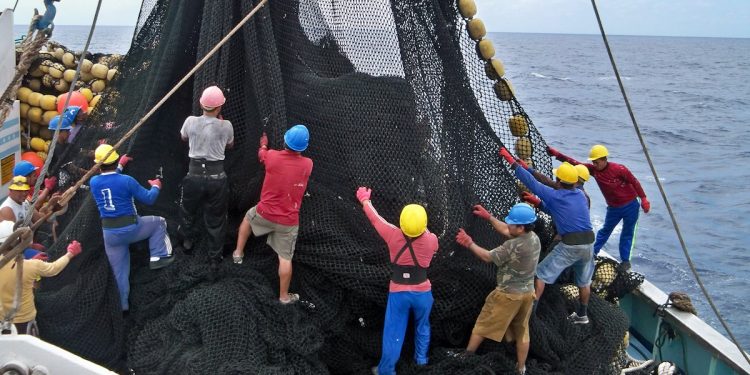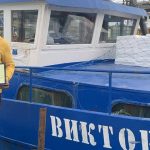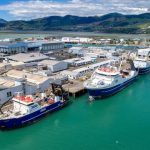Ecuador’s Ministry of Production, Foreign Trade, Investments and Fisheries has issued a new Ministerial Agreement adopting the National Tuna Action Plan (PAN ATUN).
‘By issuing this Ministerial Agreement, the country once again demonstrates its commitment to the sustainable use of marine resources and to reinforcing strategic areas of the production chain with a view to eliminating illegal fishing,’ said Guillermo Moran, manager of TunaCons, a group composed of Ecuador’s five largest tuna companies.
‘This is the result of coordinated efforts between the country’s fishing authority, tuna guilds, civil society organisations and other players involved in the chain.’

The aim of this new public policy is to establish more efficient goals and strategies for preserving and certifying the sustainability of industrial tuna fishing. This administrative management tool is key to avoiding the permanent disruption of the life cycles of tuna and other associated species in the Eastern Pacific Ocean.
The Plan sets out a number of strategic lines, which include reducing by-catch; improving environmental impact monitoring and management systems, strengthening the national traceability system, developing environmental education programmes, outreach and communication; promoting scientific research, and institutional reinforcement, in order to better respond to any threats that may affect such a crucial sector for the country’s economy.
Ecuador is the main tuna producer in the Eastern Pacific and the second largest in the world. With an annual catch of around 300,000 tonnes, it has the largest tuna fleet (113 purse seine vessels) and processing capacity (21 canneries) in the region.
This action is also part of the national government’s intense and effective efforts to adequately respond to the yellow card warning issued at the end of last year by the European Union regarding fish exports and return to the positive status the country has always held.
To do so, it will strengthen the MSC certification process for FAD-associated and free-school tuna fishing. This process began following the implementation of a fishing improvement project carried out in partnership with WWF Ecuador, in place since 2016, which helped the fishing industry take steps towards achieving MSC certification by providing solutions for pending sustainability issues and problems. The certification process is expected to be completed by the end of this year.
The next step will be to develop a public-private partnership to immediately implement the National Tuna Action Plan, which is expected to gain support from civil society organisations such as WWF, as well as other national and international cooperation organisations and institutions.









